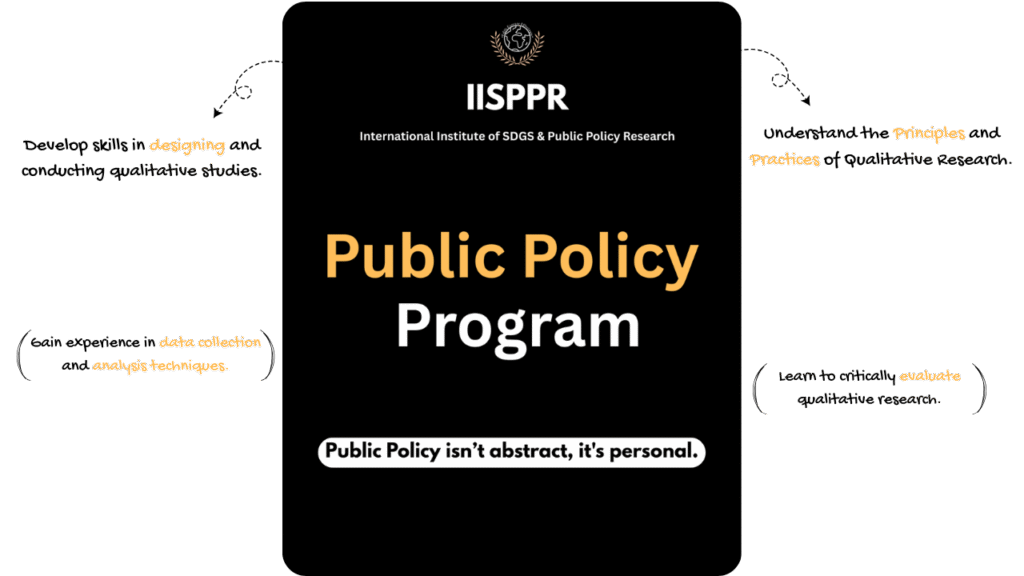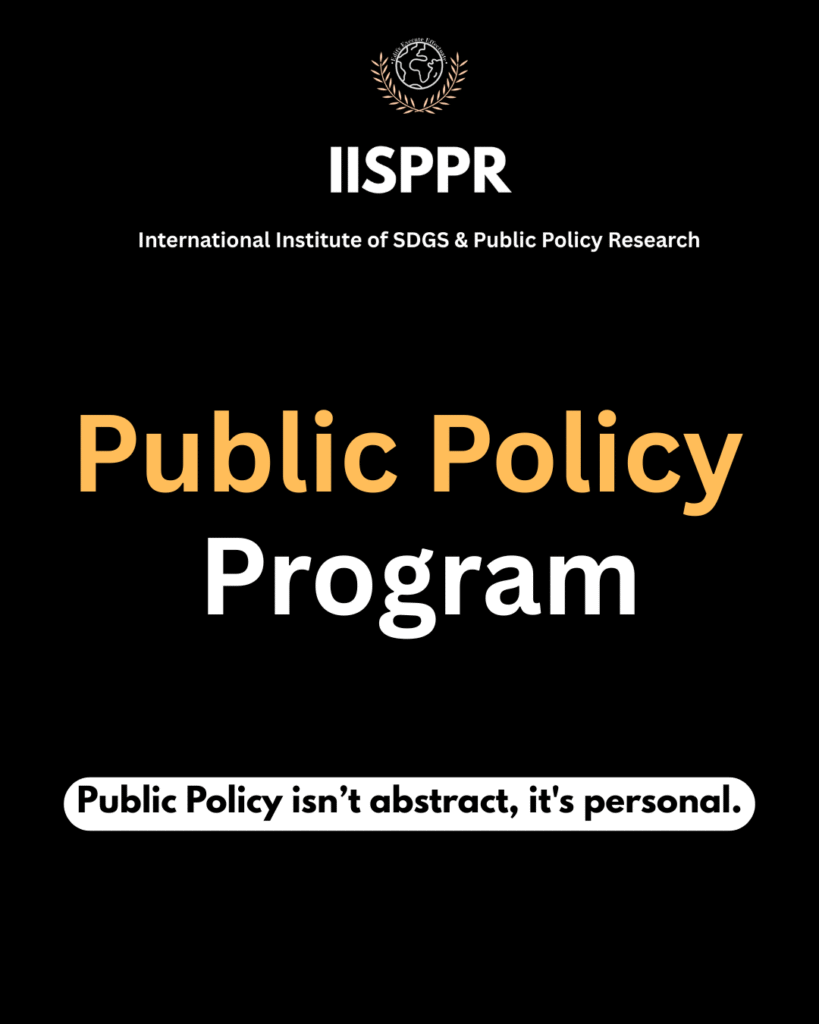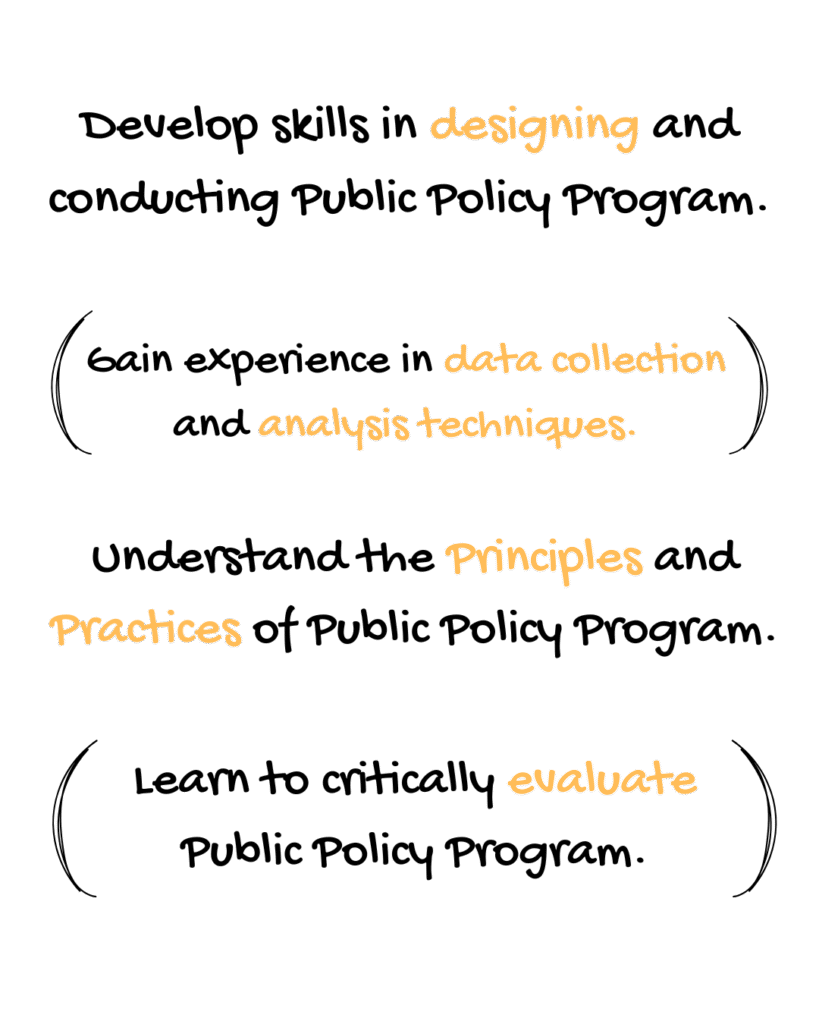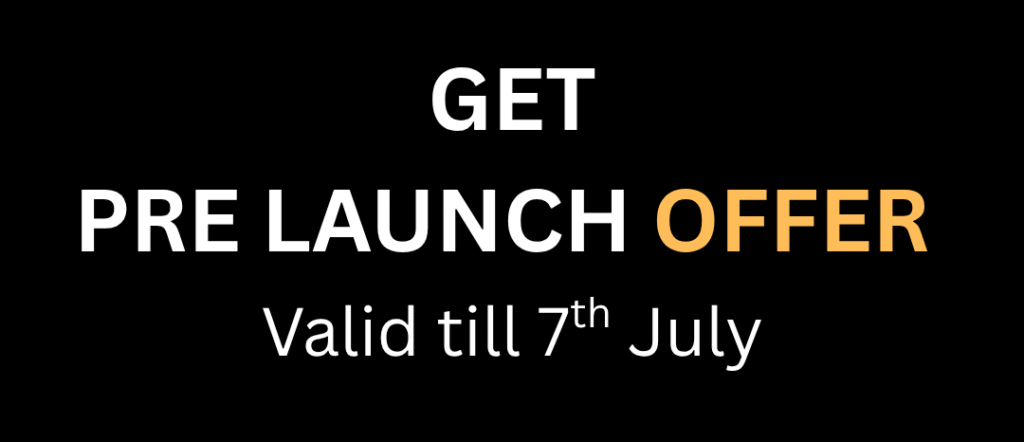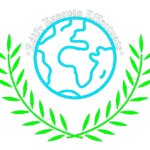
IISPPR
International Institute of SDGS & Public Policy Research

About the Course

Program Duration
36 - 50 Hours Over 60 Days
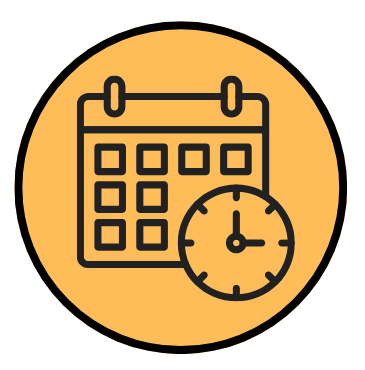
Class Timings
Evening Class and Maximum 3 Classes a week

Class Dates
15th of October to 15th of December completely online class
It decides who gets healthcare, who faces exclusion, how technology governs your life, and what rights you can claim. Yet, too often, policy feels distant, complex, or designed only for experts. This course breaks those barriers.
Whether you’re a student, activist, researcher, or curious citizen , this series will equip you to:
 Understand how public policies are made , and unmade.
Understand how public policies are made , and unmade.
 Question myths, hidden biases, and exclusionary practices
Question myths, hidden biases, and exclusionary practices
 Navigate the real-world messiness of governance, data, and participation
Navigate the real-world messiness of governance, data, and participation
 Apply global case studies to local realities
Apply global case studies to local realities
 Turn research into action — through policy briefs, advocacy, and engaged writing
Turn research into action — through policy briefs, advocacy, and engaged writing
What Makes This Course Different?
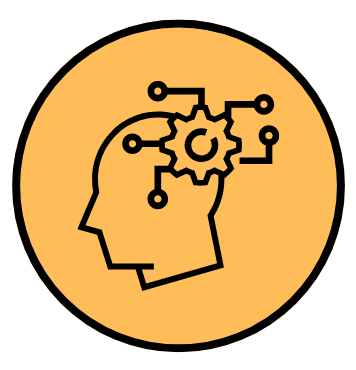
Critical, Not Just Technical
We go beyond definitions — unpacking power, participation, and systemic failures.
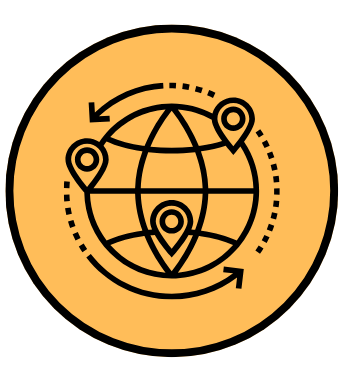
Global and Local Lens
From AI governance to grassroots movements — understand how global trends impact your everyday life.
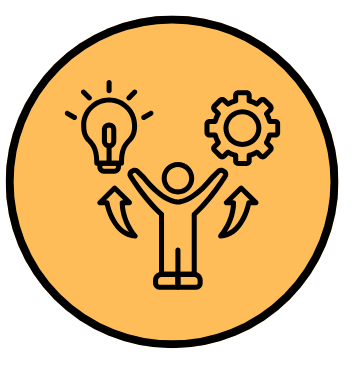
Practical Skills You Can Use
Master tools like data interpretation, ethnography, and policy brief writing to influence real change.
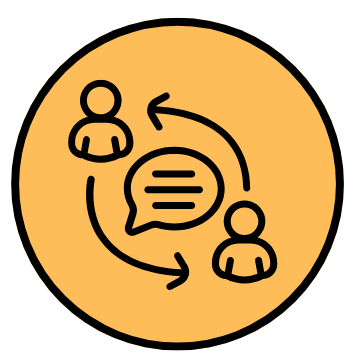
Learn to Communicate With Impact
From crafting persuasive briefs to writing academic research — develop skills that resonate with both policymakers and the public.
In a world flooded with technical policy jargon and one-size-fits-all theories, most public policy courses stay trapped in outdated models, ignoring the real forces of power, exclusion, and lived experiences.
This course does the opposite.
✔ We break the myth of linear, technocratic policymaking. You’ll learn why policies often fail — not because of poor design alone, but because they overlook power struggles, social inequalities, and community realities.
✔ We centre global debates but stay rooted in local challenges. From caste and gender exclusion in India to AI governance in crisis zones — this course connects theory with ground realities.
✔ We blend critical thinking with actionable tools. It's not just about understanding policy — it's about influencing it. Through ethnography, data storytelling, and concise policy briefs, you’ll develop the skills to make your voice heard.
✔ We teach policy as a living, contested process. Beyond rigid models, you’ll explore complex systems, unintended consequences, and how real change happens — or gets blocked — in practice.
In short: This isn’t just another policy theory class. It’s a space to challenge assumptions, build critical policy skills, and become an informed, engaged actor in shaping a more inclusive world.

About the Fieldwork
For the fieldwork, you won't need to travel far. You can conduct it right in your own neighborhood. We'll provide you with detailed instructions on how to carry out the fieldwork in your local area.
Fee Structure
We believe high-quality public policy education shouldn’t be reserved for elites or expensive global programs. It should be accessible to the students, young professionals, and change-makers who need it most , especially across the Global South.
That’s why we’ve designed this globally structured, 36-hour Public Policy Foundations course , available for just ₹2,999 (Prelaunch Offer ) .
Get the same critical thinking, data literacy, health policy, and real-world writing skills taught in top international universities — without the high fees.
This isn’t just theory. It’s your pathway to understanding, critiquing, and influencing the policies that shape your future — at a price built for accessibility, not exclusivity.

Gold Medal Recognition for Outstanding Contributors
We believe in celebrating excellence.
As part of this course, participants who demonstrate exceptional critical thinking, research skills, and policy analysis will be recognized at the highest level.
The authors of the Top 2 Best Papers will be awarded the prestigious Gold Medal, honoring their contribution to advancing meaningful, evidence-based public policy discussions.
✔ Showcase your work to experts
✔ Gain recognition for your ideas
✔Set yourself apart with a distinguished achievement on your CV
Think critically. Write boldly. Compete for the Gold.

Publication Opportunity with IISPPR
At the International Institute of SDGs and Public Policy Research (IISPPR), we believe learning should lead to real-world recognition.
That’s why we’re offering a unique platform for outstanding contributors:
The Top Selected Papers from this course will be published as official Book Chapters under IISPPR’s own publication, complete with an ISBN-registered book launch.
✔ Your work will be part of a globally accessible, citable book
✔ Gain academic credibility and showcase your expertise
✔ Strengthen your research profile with a recognized publication
✔ Contribute to a curated volume featuring top ideas in public policy
Only the best articles make it — challenge yourself to be among them.
Your research. Your voice. Published.
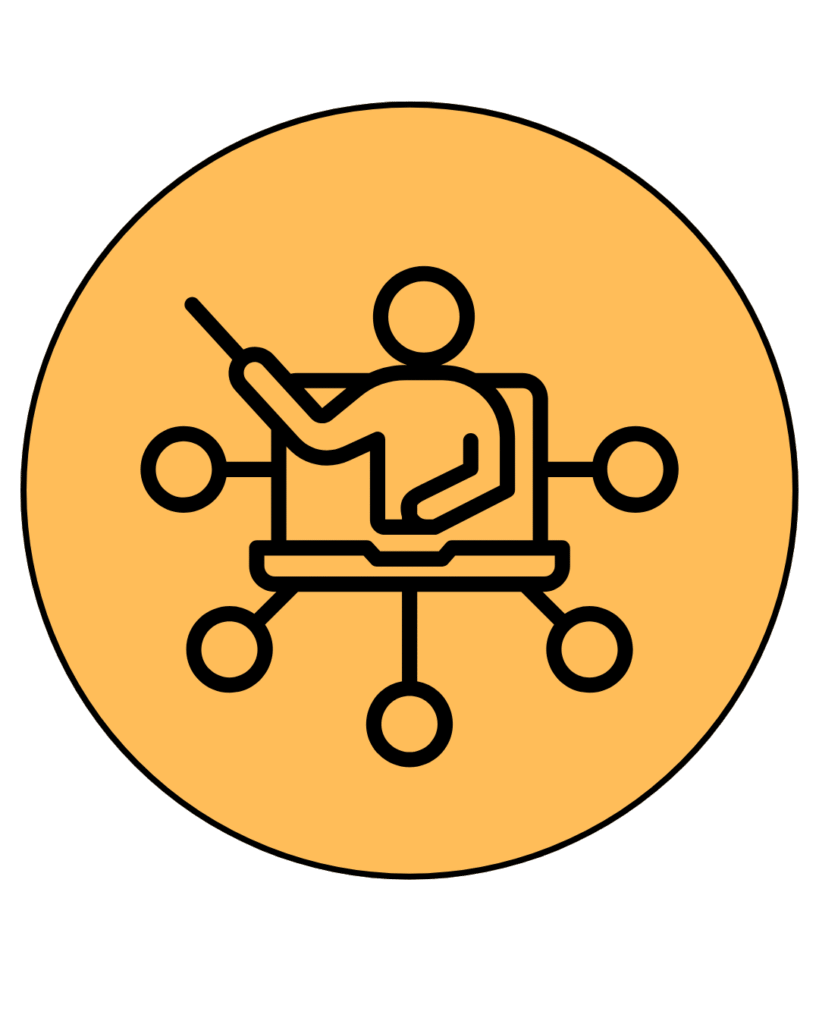
Course Structure:
18 Power-Packed Lectures, moving from foundations to advanced applications:
✔ Public Policy Concepts, Power & Participation
✔ Policy Processes, Institutions & Global Governance
✔ Tools, Trade-offs, and Health Policy Challenges
✔ Data, Evidence, and Exclusion in Policymaking
✔ AI, Digital Governance, and Crisis Response
✔ Citizen Engagement, Advocacy, and Communication Skills
✔ Ground-Level Research: Ethnography & Community Realities
✔ Writing for Influence: Policy Briefs & Scholarly Publishing
✔ Reflective, Critical Approaches to Future Policy Pathways

Syllabus
Level2
Topics: Definitions of public policy; differences between policy, governance, and programs; historical evolution of policy studies; key thinkers; critiques of technocratic models.
Topics: Relationship between policy and power; exclusion along caste, gender, and class lines; role of civic participation and social movements.
Topics: Traditional policy cycle; limitations; alternative models—Incrementalism, Advocacy Coalitions, Multiple Streams, Complex Systems.
Topics: State and non-state actors; bureaucracy; civil society; global institutions (UN, WTO, IMF); institutional constraints.
Topics: Regulatory, fiscal, and behavioral tools; trade-offs; unintended consequences; adaptive governance.
Topics: Evidence-based policymaking; politics of knowledge production; exclusion through data gaps; introduction to health policy governance.
Policies – II
Topics: Policy successes and failures globally; Global South examples; health policy analysis—vaccination, health equity, pandemic response.
Health Policies – III
Topics: Systemic failures; unintended harms; ethical dilemmas in health policy; justice and exclusion in healthcare systems.
Topics: AI’s role in governance; digital tools; global crises management; technology’s opportunities and risks.
Level 3
Topics: Participatory governance; lobbying; protest; policy literacy; social movements’ influence on policymaking.
Topics: Surveys, administrative records, big data; accessibility issues; bias; data politics.
Topics: Data interpretation; visualization techniques; communicating data for policy impact; avoiding misuse.
Topics: Ethnography’s role in policy research; understanding community realities; informal governance; qualitative insights.
Topics: Integrating ethnographic evidence into policy design; monitoring; evaluation; ethical research practices.
Topics: Policy brief structure; crafting concise, actionable recommendations; communicating with policymakers.
Topics: Research paper components—abstract, introduction, literature review, methods, findings, conclusion; scholarly rigor.
Topics: Strengthening arguments; integrating theory and evidence; meeting academic publishing standards.
Topics: Interrogating policymaking limitations; structural exclusions; reflective learning; empowering engaged, critical citizens.
Ready to Understand Policy — And Be Part of Changing It?
18 Power-Packed Lectures, moving from foundations to advanced applications:
Public policy isn’t just for politicians, bureaucrats, or global elites. It shapes your life — your rights, your opportunities, your community.
This course gives you the tools to decode the system, question power, and contribute to real change — without the barriers of high fees or complicated jargon.
For just ₹2,999, you’ll access global-level learning designed for students, young professionals, and everyday change-makers — especially from the Global South.
Learn the skills. Ask the hard questions. Influence the future.
Join the Public Policy Foundations Course today — because real understanding should be accessible to everyone.
Refund Policy: Please Read Carefully
This course is designed to be affordable and accessible — providing global-quality public policy education at a fraction of typical costs. To maintain this pricing and ensure access for as many learners as possible:
All course fees are non-refundable.
We encourage you to review the course details thoroughly and ensure it aligns with your learning goals before enrolling.

Frequently Asked Questions (FAQ's)
This course is designed for students, young professionals, aspiring researchers, activists, and curious citizens, especially those from the Global South, who want to understand how public policy shapes the world — and how to engage with it critically.
No prior background required. We start from the basics but quickly build towards critical thinking, practical tools, and global case studies. Whether you’re a beginner or have some exposure, you’ll gain valuable insights.
The course includes 36 hours of structured learning, delivered through recorded lectures, real-world examples, and practical assignments. Learn at your own pace — anytime, anywhere.
Yes. Upon successful completion, you’ll receive a Certificate of Completion, demonstrating your understanding of public policy fundamentals, critical thinking, and applied skills like data interpretation and policy writing.
The full course, including 18 expert-led sessions and all learning materials, is available for just ₹2,999 a price designed for accessibility, not exclusivity.
